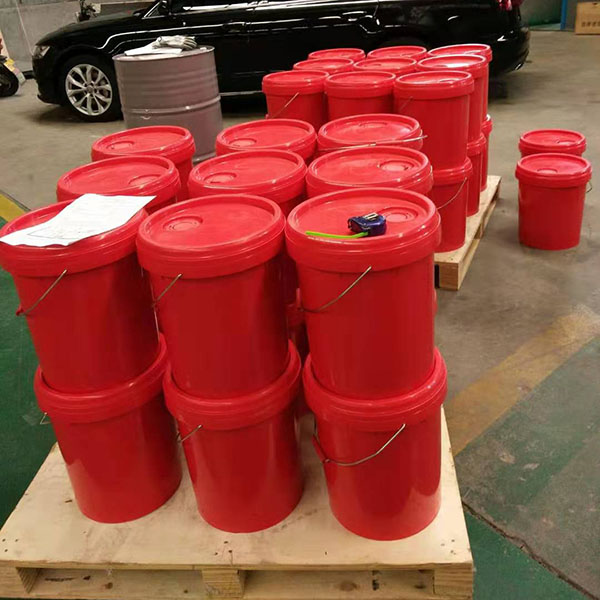Dec . 05, 2024 16:51 Back to list
Effective Techniques for Filtering Cooking Oils at Home
The Importance of Cooking Oil Filters Enhancing Quality and Safety in the Kitchen
Cooking oil plays a crucial role in preparing a wide variety of dishes, from frying and sautéing to baking and roasting. However, the quality of the oil used can significantly impact both the flavor of the food and the health of those consuming it. One of the most effective methods to maintain oil quality is through the use of cooking oil filters. This article explores the significance of cooking oil filters, their benefits, and how to properly use them.
Why Use Cooking Oil Filters?
1. Improving Oil Quality Cooking oil is prone to contamination from food particles, carbon, and other residues as it's used over time. These impurities can impart off-flavors and lead to rancidity, diminishing the overall taste of dishes. By filtering oil regularly, chefs and home cooks can ensure that the oil remains clean and maintains its intended flavor profile.
2. Extending Oil Life Unfiltered oil deteriorates much more quickly, necessitating more frequent changes. This not only increases costs but also contributes to more waste. Using an oil filter can help prolong the life of cooking oil by removing harmful particles that accelerate degradation. This means less frequent oil disposal and more cost-effective cooking.
3. Health Considerations Consuming food cooked in contaminated or degraded oil can pose health risks. Oxidized oils can produce harmful compounds that may lead to various health issues, including heart diseases. By using a cooking oil filter, cooks can minimize these risks and serve healthier meals.
4. Efficiency in the Kitchen Maintaining clean oil not only improves flavor and health safety but also enhances cooking efficiency. When oil is free from impurities, it heats more evenly and reaches the desired cooking temperature faster. This can save time in busy kitchens, whether in a restaurant or at home.
Types of Cooking Oil Filters
There are several types of cooking oil filters available, each suited for different needs
1. Mesh Filters These are the simplest type of filters made from fine metal or nylon mesh. They are easily washable and reusable, making them a popular choice for home cooks. They effectively catch larger food particles but may not filter out all impurities.
cooking oil filter

2. Paper Filters Disposable paper filters are efficient in trapping smaller particles and are often used in commercial kitchens. They are easy to use but generate waste, which must be managed properly.
3. Oil Filtration Machines These machines provide a more advanced solution for filtering oil. They use a combination of heat and filtration to clean the oil effectively and can be more suitable for busy restaurants that need to extend oil life without sacrificing quality.
How to Use Cooking Oil Filters
Using cooking oil filters is a straightforward process
1. Choose the Right Filter Depending on your needs—whether at home or in a commercial kitchen—select the appropriate type of filter.
2. Filter Regularly After each use, allow the oil to cool and then filter it to remove food particles and impurities. This routine will enhance oil longevity and maintain its quality.
3. Dispose of Used Filters Properly If using paper filters or other disposables, ensure they’re disposed of in accordance with local waste management guidelines to minimize environmental impact.
4. Monitor Oil Quality Regardless of filtering, keep an eye on the oil’s color and smell. If it becomes significantly darker or starts to smell rancid, it may be time to replace it.
Conclusion
Investing in a cooking oil filter is an essential step for anyone who values quality, safety, and efficiency in their culinary practices. By effectively removing impurities and extending the life of cooking oil, these filters not only enhance the flavor of your dishes but also contribute to healthier meals. Whether you’re a professional chef or a home cook, incorporating oil filtration into your routine can lead to a significant improvement in both the cooking experience and the quality of your food.
-
PP Spun Filter Cartridge Making Machine for Efficient Filtration Solutions
NewsJul.29,2025
-
Active Carbon Air Filter for Air Purifier - Superior Odor & Pollutant Removal
NewsJul.29,2025
-
High Strength Orange PU Glue for Versatile Bonding Solutions
NewsJul.28,2025
-
Active Carbon Air Filter for Air Purifier – Superior Filtration Efficiency
NewsJul.27,2025
-
High Strength Orange PU Glue for Versatile Bonding Solutions
NewsJul.26,2025
-
Active Carbon Air Filter for Air Purifier – Efficient Odor & Allergen Removal
NewsJul.25,2025
